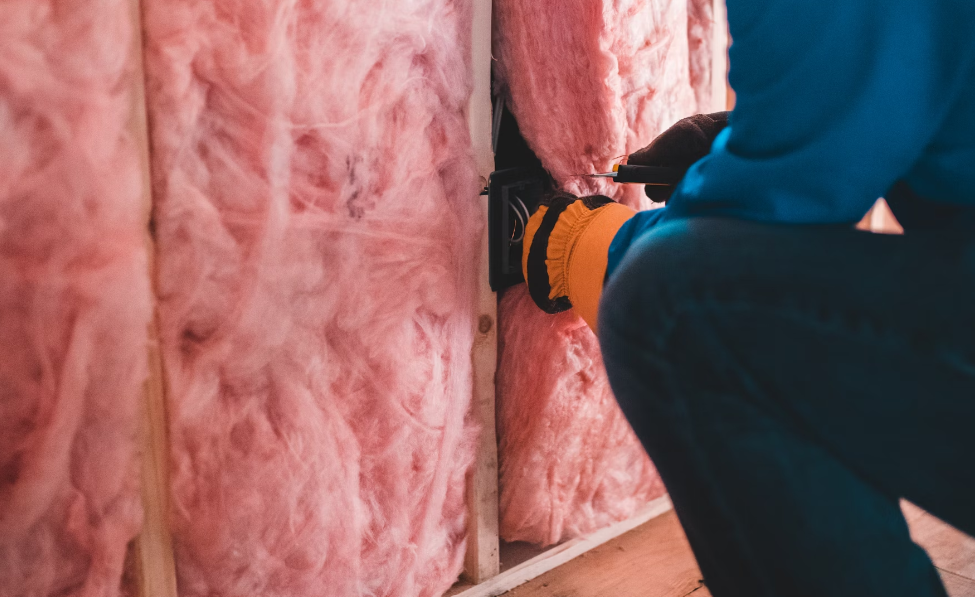In the realm of construction, safety, and efficiency are paramount concerns. From residential buildings to commercial structures, ensuring the well-being of occupants and optimizing energy usage are central goals. The key to achieving these objectives is the proper implementation of insulation, fire safety measures, and soundproofing techniques. In the Spanish market, adherence to rigorous industry standards is essential for creating spaces that are not only comfortable but also secure and sustainable. Firms like Acusfoc, specializing in soundproofing solutions, play a crucial role in meeting these standards by offering innovative products and expertise to address the unique acoustic challenges faced in construction projects across Spain.
Insulation: The Foundation of Energy Efficiency
Insulation serves as the foundation of energy efficiency in buildings. By effectively regulating temperature, insulation minimizes heat transfer, reducing the need for excessive heating or cooling. In Spain, where temperatures can vary significantly between seasons and regions, proper insulation is indispensable for maintaining comfortable indoor environments while conserving energy.
For optimal insulation, builders must consider factors such as insulation materials, thickness, and installation techniques. Common insulation materials used in Spain include fiberglass, mineral wool, and expanded polystyrene (EPS). Each material offers unique advantages in terms of thermal performance, cost-effectiveness, and sustainability.
Furthermore, adherence to building codes and standards, such as the Spanish Technical Building Code (CTE), is crucial for ensuring insulation quality and compliance with regulations. The CTE provides guidelines for thermal insulation requirements, helping builders select appropriate materials and achieve energy-efficient designs.
Fire Safety: Mitigating Risks and Protecting Lives
In addition to insulation, fire safety measures play a vital role in building construction. Fires can spread rapidly, endangering lives and causing extensive damage to property. Implementing effective fire protection strategies is essential for mitigating risks and safeguarding occupants.
In Spain, adherence to fire safety regulations outlined in the CTE and other relevant standards is mandatory. These regulations cover various aspects, including fire-resistant materials, compartmentalization, escape routes, and the installation of fire detection and suppression systems.
Builders must select materials with adequate fire resistance ratings to prevent the spread of flames and smoke. Additionally, incorporating fire barriers and compartmentalization features helps contain fires, limiting their impact on adjacent areas and allowing occupants more time to evacuate safely.
Regular inspections and maintenance of fire safety equipment are also crucial to ensure optimal performance in case of emergencies. By prioritizing fire safety throughout the construction process, builders can create resilient structures that provide occupants with peace of mind.
Soundproofing: Creating Tranquil Environments
In bustling urban areas, noise pollution can significantly impact the quality of life for building occupants. Soundproofing measures are essential for creating tranquil indoor environments, shielding occupants from unwanted noise disturbances.
In Spain, where urbanization is widespread, soundproofing requirements are increasingly important, especially for residential buildings, hotels, and commercial spaces. Builders must consider factors such as building location, surrounding noise levels, and the intended use of the structure when implementing soundproofing solutions.
Common soundproofing techniques include the use of acoustic insulation materials, such as sound-absorbing panels, acoustic foams, and resilient channels. These materials help reduce airborne and impact noise transmission, creating quieter interiors that enhance comfort and productivity.
Moreover, proper design considerations, such as minimizing sound transmission pathways and sealing gaps and openings, are essential for maximizing the effectiveness of soundproofing measures. By prioritizing soundproofing during construction, builders can create environments that promote well-being and productivity for occupants.
Conclusion
In the dynamic landscape of construction, prioritizing insulation, fire safety, and soundproofing is essential for creating spaces that are safe, efficient, and conducive to a high quality of life. In the Spanish market, adherence to stringent regulations and industry standards is paramount for ensuring compliance and delivering buildings that meet the evolving needs of occupants and communities. By embracing innovation and best practices in insulation, fire safety, and soundproofing, builders can contribute to sustainable development while enhancing the safety and comfort of built environments.




